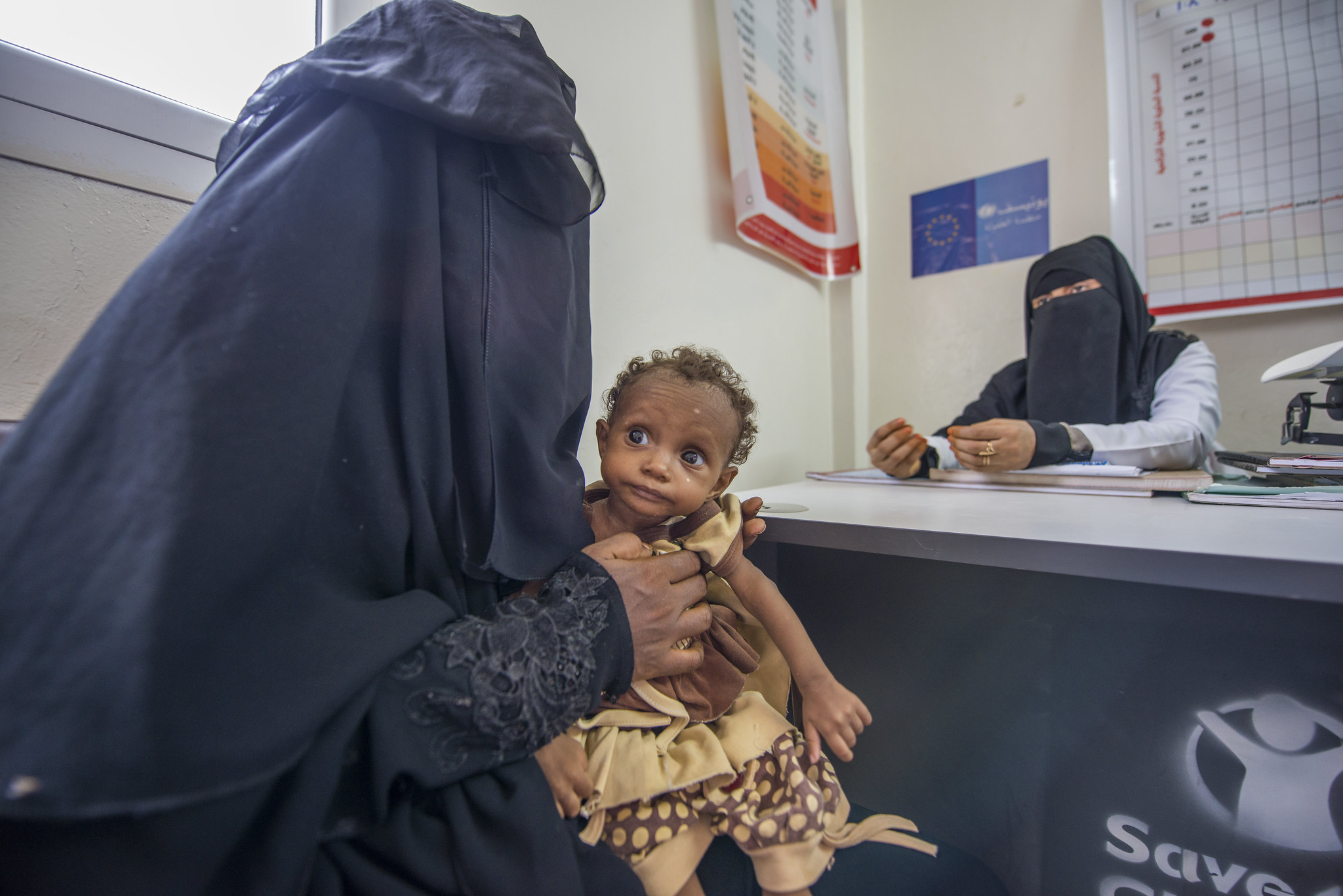
The responsibility of bioethicists: the case study of Yemen
With the eyes of the world on the war between Israel and Hamas in Gaza, there have been relatively few observations from bioethicists. Some 1,400 Israelis were slaughtered on October 7 and 10,000 Gazans may have died under the ensuing Israeli bombardment. Perhaps the scale of suffering is so vast, or too controversial, or too current to provoke thoughtful commentary so soon after the event.
A recent article in the journal Bioethics deals eloquently with how bioethicists should respond to humanitarian crises. The focus of the authors, two Israelis from Haifa University, is Yemen. They found it astonishing that the 16th World Congress of Bioethics and the Feminist Approaches to Bioethics Congress featured three very similar presentations on structural injustice for American blacks, but none on Yemen:
“But when an ethics conference has at least three sessions on the injustice toward one specific underprivileged population while not even mentioning the potentially largest humanitarian crisis currently unfolding in Yemen; or the 1.2 million refugees, most of whom are Rohingyas, fleeing persecution in Myanmar; or the 19 million Afghans suffering from extreme food insecurity; or the more than 173,000 Sahrawi refugees living in five camps near Tindouf, Algeria, who are suffering from covid, extreme heat, and lack of basic needs, something has gone awry.”
Why do bioethicists focus on narrow areas of their scholarship and miss humanitarian catastrophes? They answer, somewhat sardonically, “Unfortunately, the nature and rapid development of the ever-expanding topics included within bioethics mean that there is simply too much to write about: too many novel technologies, too many unreasonable policies, and too many human (or animal or environmental) rights violations and suffering.” But notwithstanding the demands on their time, “as scholars who are concerned about human lives, well-being, and rights, we owe it to those who suffer injustices and are not being heard.”
The authors are particularly disappointed at the lack of attention given to Yemen, “one of the greatest humanitarian crises in modern history”. The situation, although it has improved in the weeks between the article’s submission and its publication, is dire:
“Starting in September 2014, the armed conflict in Yemen has resulted in roughly 377,000 Yemeni deaths, 154,000 of whom are a direct result of the fighting while the rest resulted from hunger and preventable diseases. Of the total deaths, 259,000 were of children under the age of 5. These numbers most likely represent an underestimation, as many Yemenis are dying in their houses, especially in remote villages, without anyone counting them; most recently, the number of deaths has been estimated to be over a million.”
As well, Yemen has the “most severe cholera epidemic in history, with over 1 million cases and 3000 deaths”.
Does lack of attention do harm? The authors point out that US President Joe Biden missed an opportunity to bring up the humanitarian disaster in his recent talks with Crown Prince Muhammed Bin Salman. Bioethicists could have raised the profile of this tragedy.
They make a few practical suggestions:
“Bioethicists should strive to become experts on one or more of the many ongoing conflicts and keep them high on the bioethics agenda. Bioethics as a field of inquiry must remain relevant and must advocate basic human rights, human health, and human well-being. Remaining relevant means not neglecting what is potentially the largest humanitarian crisis that humankind is currently experiencing.”
